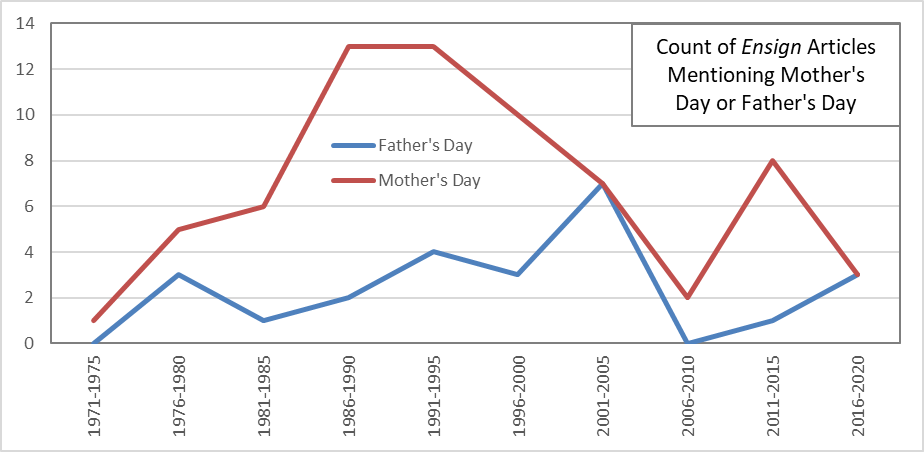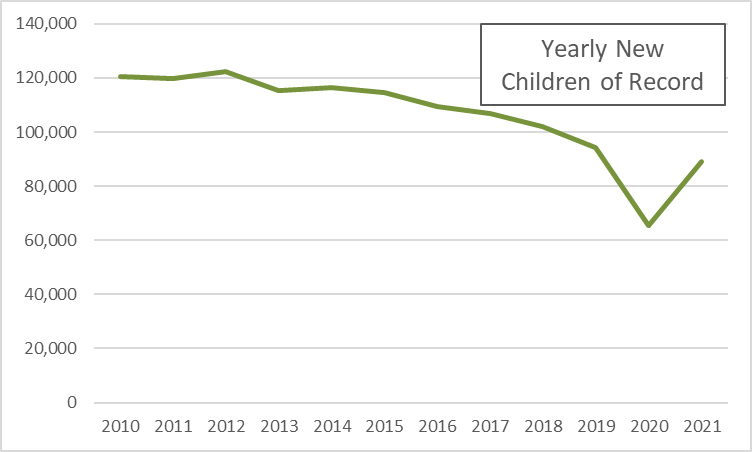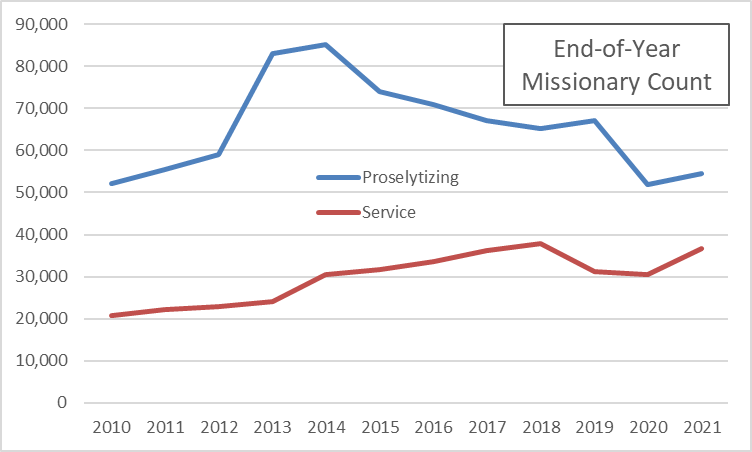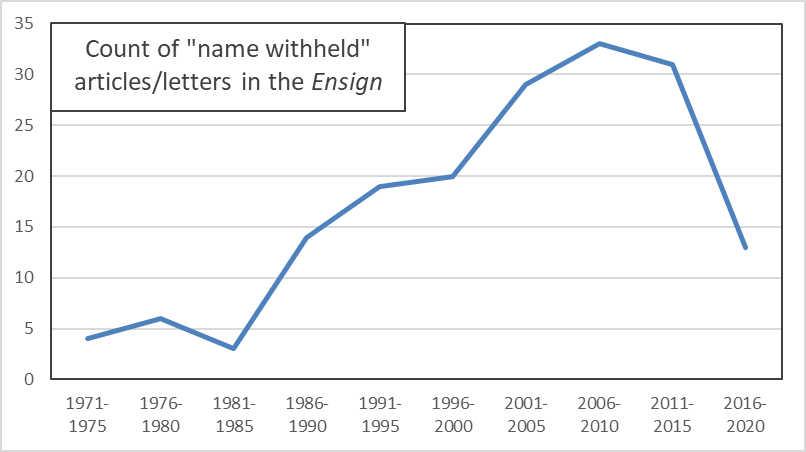In personality psychology, there’s a dominant model that suggests there are five big factors that capture many differences in personality traits. In this post, I’m going to speculate about where the Q15 might fall on each of these five personality traits (mostly where they fall collectively), and how this might make them different from members of the Church in general.
Here are abbreviated definitions of each of the traits in the Wikipedia article on the Big Five. (Note that I’ve excerpted only what I think are the most descriptive bits, but to make them more readable, I haven’t used ellipses where I’ve omitted parts.)
- Openness to experience is a general appreciation for art, emotion, adventure, unusual ideas, imagination, curiosity, and variety of experience. People who are open to experience are intellectually curious, open to emotion, sensitive to beauty and willing to try new things. Those with low openness seek to gain fulfillment through perseverance and are characterized as pragmatic and data-driven – sometimes even perceived to be dogmatic and closed-minded.
- Conscientiousness is a tendency to display self-discipline, act dutifully, and strive for achievement against measures or outside expectations. High conscientiousness is often perceived as being stubborn and focused. Low conscientiousness is associated with flexibility and spontaneity, but can also appear as sloppiness and lack of reliability.
- Extroversion is characterized by breadth of activities and energy creation from external means. Extroverts enjoy interacting with people, and are often perceived as full of energy. They tend to be enthusiastic, action-oriented individuals. Introverts have lower social engagement and energy levels than extroverts. They tend to seem quiet, low-key, deliberate, and less involved in the social world. (Note that it’s also sometimes spelled extraversion, as in the Wikipedia article.)
- Agreeableness reflects individual differences in general concern for social harmony. Agreeable individuals value getting along with others. Disagreeable individuals place self-interest above getting along with others.
- Neuroticism is the tendency to experience negative emotions, such as anger, anxiety, or depression. Those who score high in neuroticism are emotionally reactive and vulnerable to stress. Individuals who score low in neuroticism are less easily upset and are less emotionally reactive. They tend to be calm, emotionally stable, and free from persistent negative feelings.















